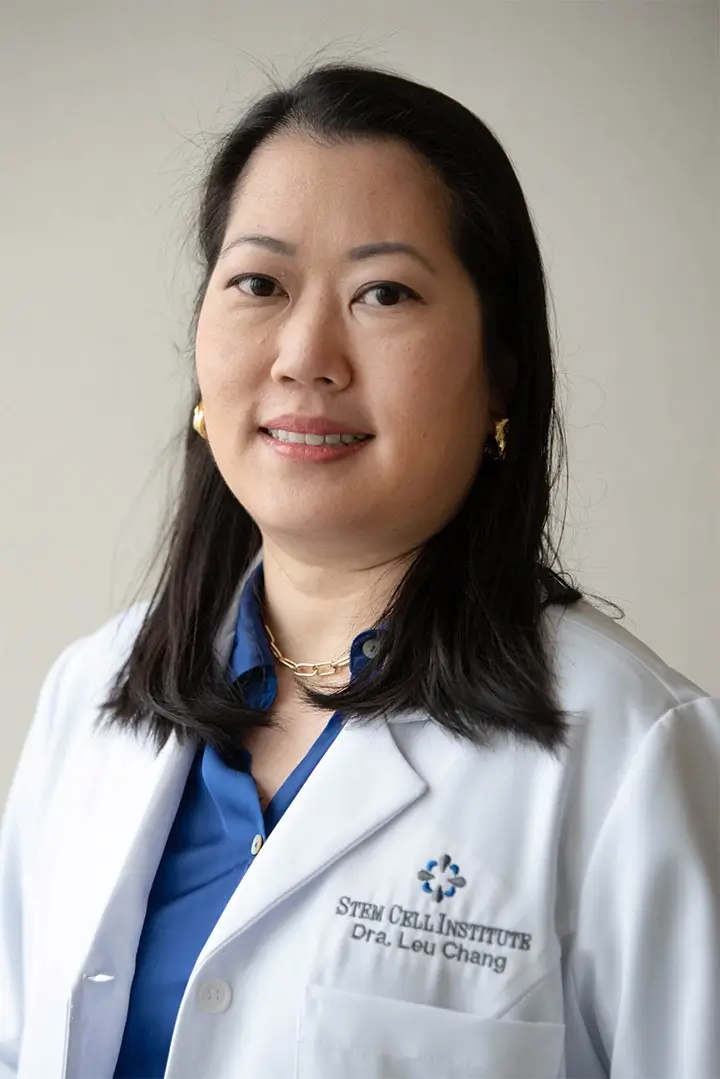Neil Riordan, PhD is the Founder of the Stem Cell Institute in Panama. He is also the Co-Founder of Medistem Inc in San Diego and the current President of Medistem Panama. Dr. Riordan is speaking at a Stem Cell Institute patient outreach event held in Miami in May 2013.
In part 1, Dr. Riordan discusses the background of Medistem Panama and the Stem Cell Institute (SCI) in Panama. He presents the types of stem cells used at SCI: Patient’s own bone marrow, Patient’s own fat tissue and umbilical cord mesenchymal stem cells donated from live, healthy births. Dr. Riordans goes on to discuss: collaborations with UC San Diego, Indiana University, University of Utah and University of Western Ontario; patents and publications; Medistem Panama lab, clean rooms and equipment; Why the Stem Cell Institute is in Panama; Panamanian stem cell laws; What are mesenchymal stem cells (MSCs) ?, mesenchymal stem cell homing, how MSCs induce repair, how MSCs modulate the immune system, young vs. old MSCs, Are MSCs safe?; MSCs are actually pericytes. They are found throughout the body in all vascular tissues around blood vessels, bone marrow, umbilical cord, placental tissue, menstrual blood and teeth; Stem Cell Institute’s source of umbilical cord MSCs: live, healthy birth, mother screened for medical history, consent from family for donation, mother tested for infectious diseases, cord tested for infectious diseases and sterility; the mesengenic process; how pericytes respond to injury and form “medicinal MSCs”; MSCs are anti-apoptotic, anti-scaring, angiogenic, and mitotic.; MSCs are also immunomodulatory; MSC homing in rats; Human MSCs decline drastically with age; Stem Cell Institute uses umbilical cord-derived MSCs because they are non-tumorigenic, very robust – high number of doublings, faster doubling time,; What does ‘doubling’ mean?; Effects of aging on MSCs.
Umbilical Cord Mesenchymal Stem Cells: Regeneration, Repair, Inflammation and Autoimmunity – Neil Riordan, PhD (Part 1 of 2)

Reviewed By:
Cindy Leu, M.D.
Staff Physician
Dr. Leu promotes wellbeing through holistic therapies and aesthetic medicine. She earned her medical degree in 2005, holds certifications in anti-aging medicine, and has contributed to clinical studies in Panama.
